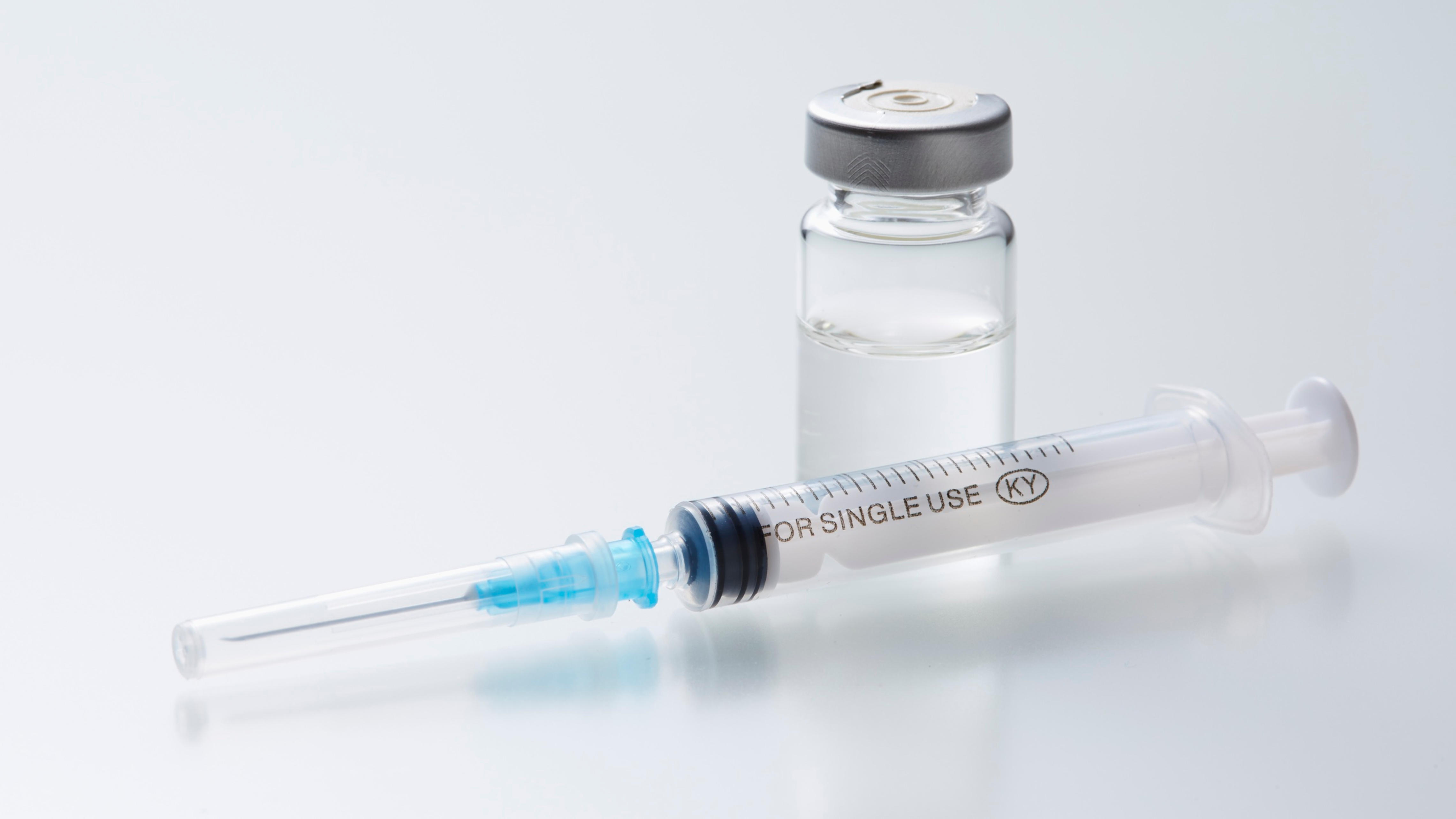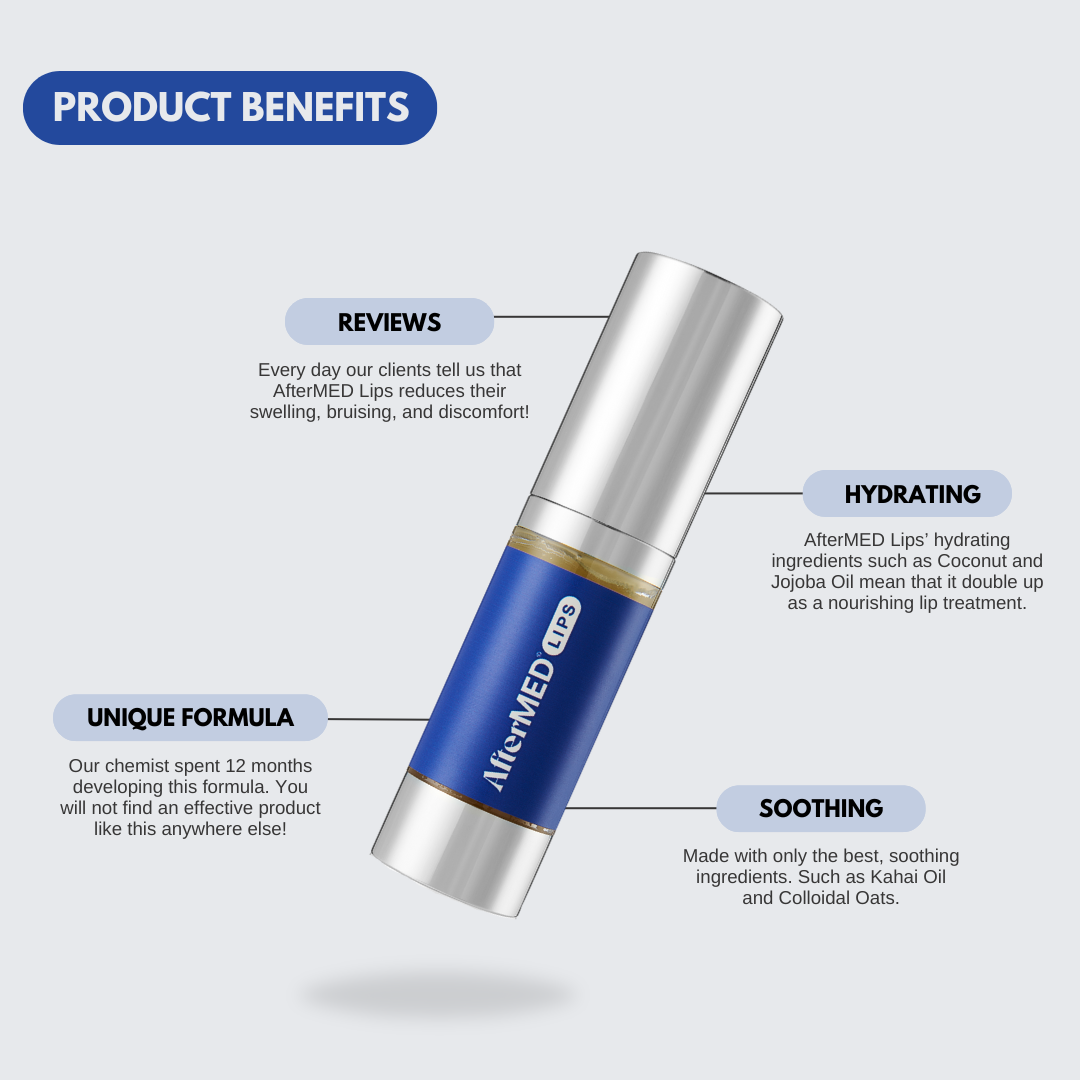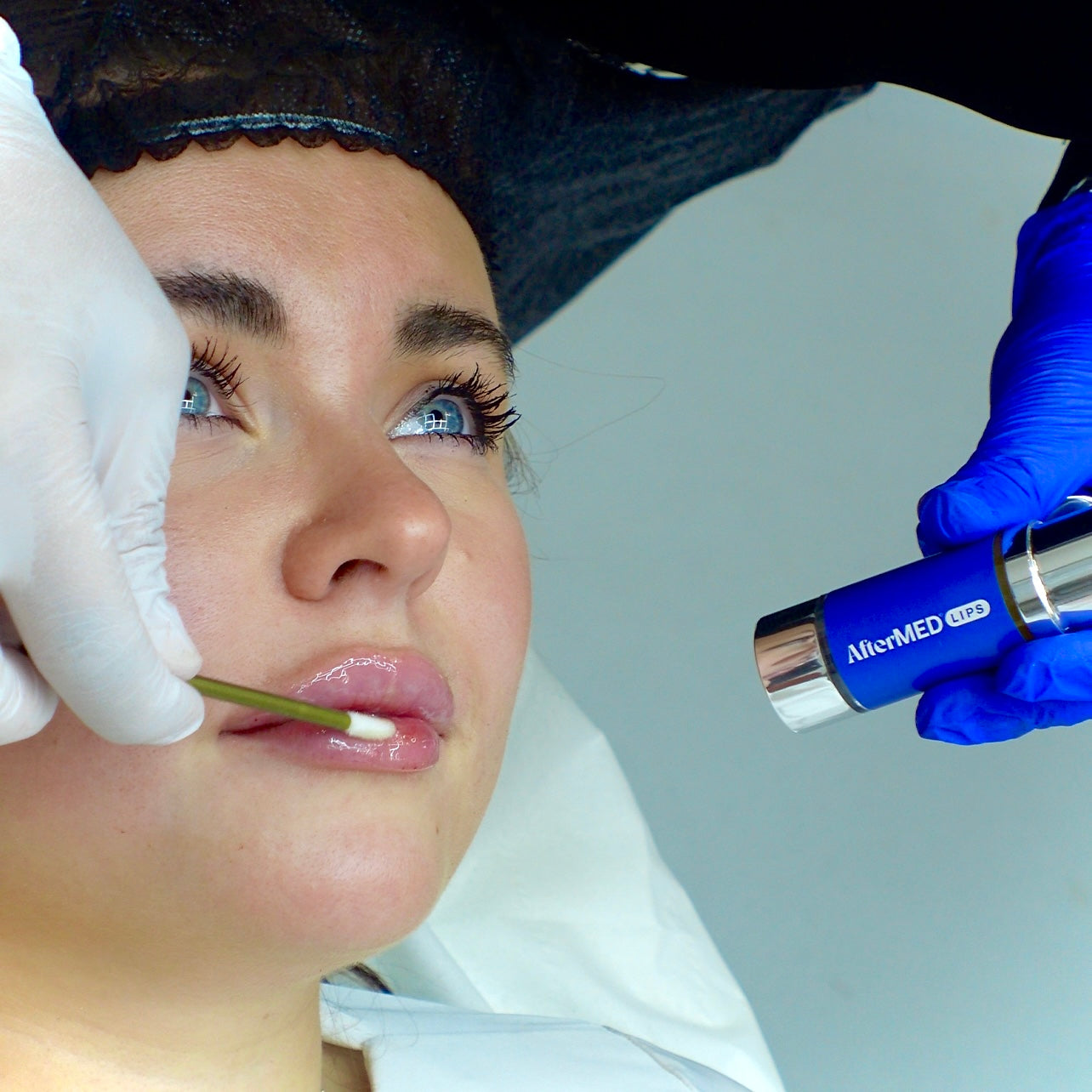
Updated Regulations in the UK's Aesthetics Industry
UK Government Cracks Down on Unsafe Cosmetic Procedures: New Licensing and Age Restrictions Announced
The UK government has announced significant new measures aimed at improving safety and regulation within the cosmetic procedures industry. This crackdown targets unsafe practices by unqualified providers and introduces a formal licensing framework for clinics and practitioners, designed to protect consumers and raise professional standards.
New Licensing System Based on Risk Levels
A key element of the reforms is the introduction of a traffic light system categorising cosmetic procedures by risk. High-risk treatments, such as liquid Brazilian Butt Lifts (BBLs), will be restricted exclusively to qualified healthcare professionals working in Care Quality Commission (CQC) registered clinics. Lower-risk treatments, including Botox and dermal fillers, will be regulated via licensing overseen by local authorities.
This approach aims to professionalise the sector and reduce the number of “cowboy” operators offering unsafe treatments in unregulated settings (gov.uk, 6 August 2025).
Protections for Under-18s
The reforms also introduce strong protections for minors, banning anyone under 18 from receiving high-risk cosmetic procedures unless approved by a healthcare professional for medical reasons. This includes treatments like deep fillers and fat-dissolving injections. Enforcement will involve mandatory age verification via photo ID, with legal penalties for non-compliance (gov.uk, 6 August 2025).
Comments from Karin Smyth- Minister of State for Health.
Karin Smyth elaborated on these changes during a morning interview on LBC with Nick Ferrari. She emphasised the importance of consumer awareness and vigilance:
-
“We’re going to start bringing in a way for clients to check who is a registered injector.”
-
“If it’s too cheap, it’s probably not good.”
- On the timeline for implementation, Smyth said, “The registration system will take time." When Nick asked when it will be in place, she responded "I can’t say just yet. We need to speak with industry and decide what comes in which category.”
-
She confirmed that procedures involving intimate areas of the body will fall under the red category due to their higher risks.
-
"The priority is checking that premises are safe. My advice to the public is to be vigilant” (LBC, 7 August 2025).
Driving Factors Behind the Reform
The government’s decision follows high-profile tragic incidents, including the death of Alice Webb after a liquid BBL, which exposed significant risks linked to unregulated and unsafe practices in the cosmetic industry. Campaigners and the British Beauty Council have welcomed the move as a necessary step to protect consumers and professionalise the sector (The Guardian, 6 August 2025).
What This Means for Consumers and Practitioners
-
Clinics offering high-risk procedures will now require CQC registration, and practitioners must meet rigorous standards including training, insurance, and hygiene.
-
A licensing scheme for lower-risk procedures will ensure local authority oversight and accountability.
-
Consumers will gain access to an official register of licensed injectors to verify qualifications before treatment.
-
Age restrictions will protect vulnerable young people from harmful cosmetic interventions.
What has the response been so far?
This morning, we ran a poll on Instagram to gather our followers’ opinions on the new regulatory changes. Results showed that 75% believe it’s a positive step forward, 15% feel stronger regulations were needed, and 10% think the changes won’t have much impact.
While most of the industry appears supportive, some remain sceptical, feeling the regulations may overlook deeper issues. Below are some comments shared under The British Association of Medical Aesthetics Nurses (BAMAN)’s social media post:



Looking Ahead
While the government has yet to confirm an exact timeline for full implementation, the consultation and development of the licensing system are expected to unfold throughout 2026. Meanwhile, Minister of State for Health, Smyth, encourages consumers to research providers carefully, avoid suspiciously cheap treatments, and ensure they are dealing with licensed professionals (gov.uk, 6 August 2025, LBC, 7 August 2025).
Let us know your thoughts in the comments below.






Leave a comment
This site is protected by hCaptcha and the hCaptcha Privacy Policy and Terms of Service apply.